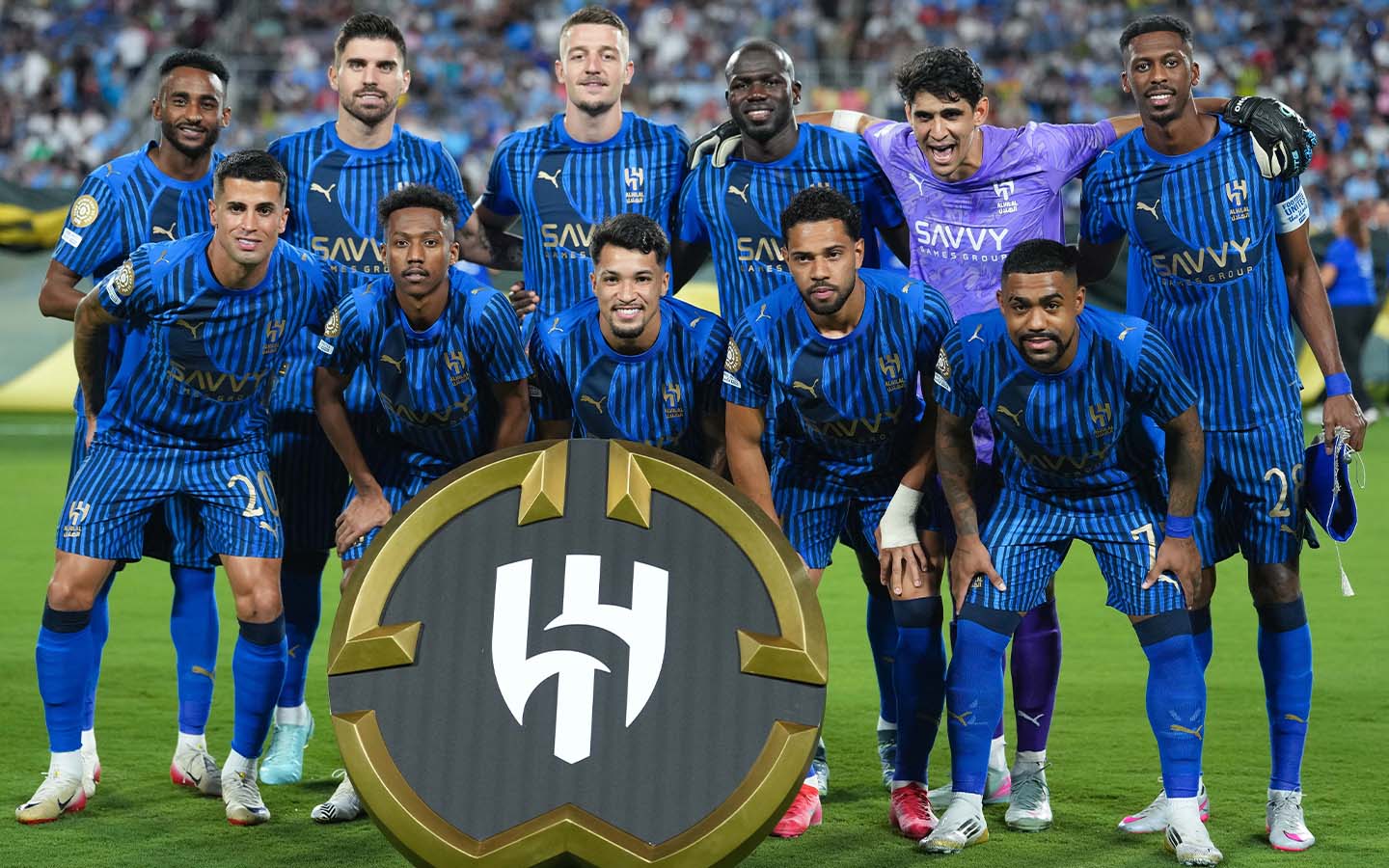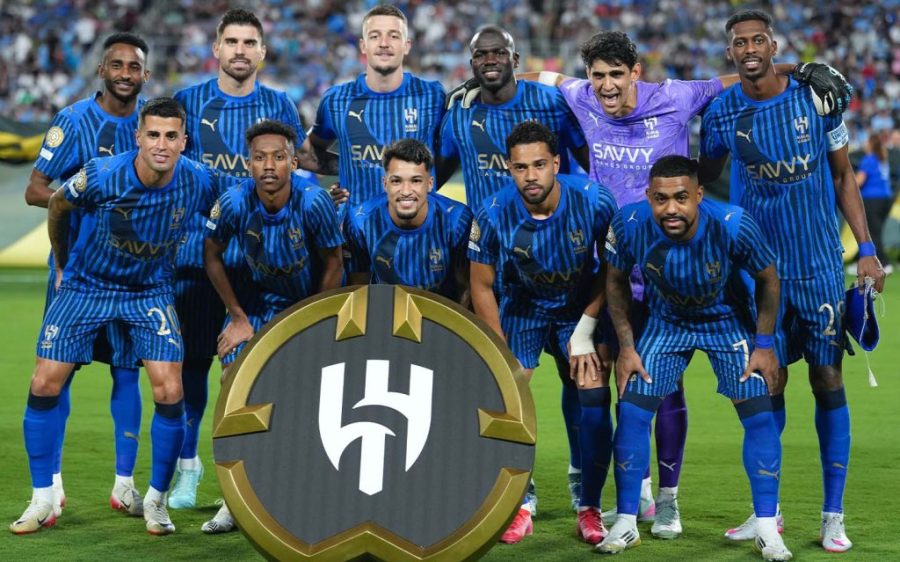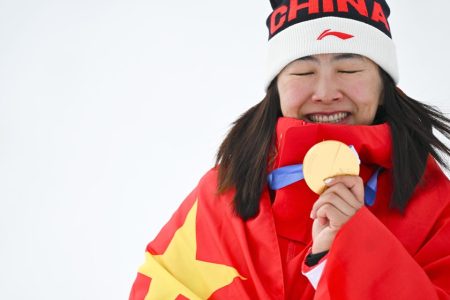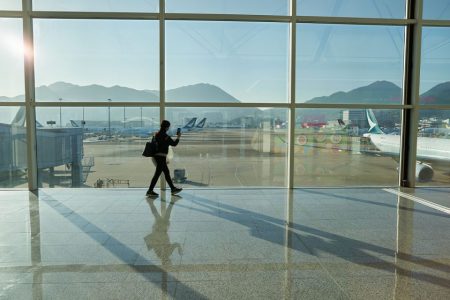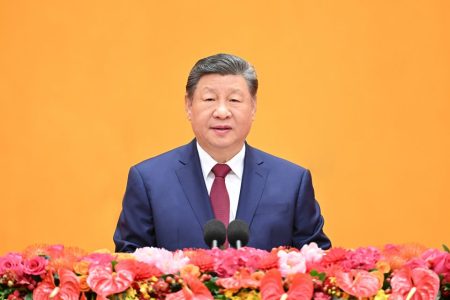Saudi Arabia’s Al-Hilal has confirmed its footballers will not take part in this year’s Saudi Super Cup – kicking off in Hong Kong 19 August. A statement on the club’s official website described exhaustion experienced by some players after an unusually arduous season.
“The decision came after a review of the physical and muscular condition of several players, which showed signs of extreme fatigue after a demanding season that lasted a full year and one week,” the statement read.
According to the statement, Al-Hilal players would be getting 24 days of annual leave if the team withdrew from the Super Cup – and just 21 days if they participated. Both figures fell short of the 28-day minimum mandated by Saudi Arabian Football Federation (SAFF) regulations and included in all of Al Hilal’s professional player contracts.
The team’s overburdened schedule related to the 2025 FIFA Club World Cup in the US, in which they reached the quarter-finals – taking place on 4 July. Flight constraints afterwards meant they had to stay longer in the US than planned.
[See more: There will be no booze at the 2034 World Cup, a Saudi official says]
“These exceptional circumstances caused the players’ annual leave to overlap with the pre-season preparations of other competing clubs,” the statement read, noting that they led to a “competitive imbalance.”
On top of that, the club only found out the Saudi Super Cup would be in Hong Kong on 13 June. They were already in the US by that point, but did not yet know when they would play.
The Riyadh-based football team has won the last three editions of the four-team tournament. They had been scheduled to face Al-Nassr – Christiano Ronaldo’s team – on 19 August, and tickets were already being sold.
The Hong Kong event’s organiser, Sum KM Sport, has said that ticket holders could choose between “a full refund or attending the matches with the replacement team with their existing tickets.” It also noted that if no replacement team could be found for Al-Hilal, all ticket holders for that match would be refunded, the South China Morning Post reported.
